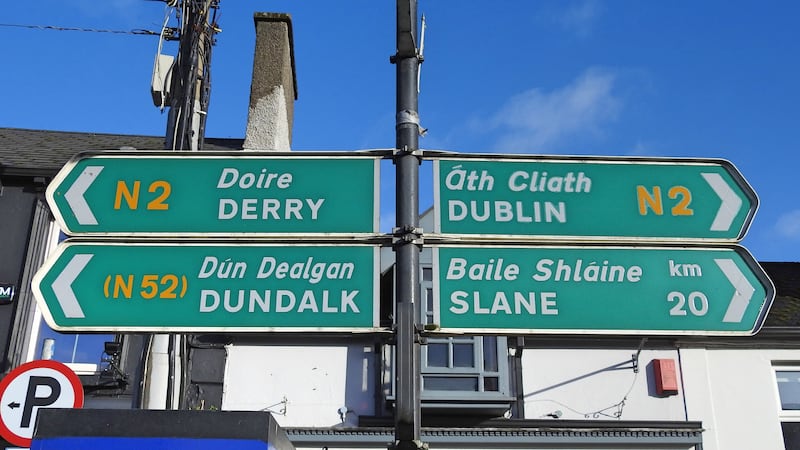A former British soldier found unjustified in firing a baton round that killed a Belfast schoolboy has failed in a High Court bid to have the inquest verdict quashed.
A judge dismissed claims of procedural unfairness and apparent bias in the coroner’s probe into the circumstances surrounding the death of 10-year-old Stephen Geddis in August 1975.
Mr Justice Colton ruled on Friday: “He..ensured that the relevant facts were fully, fairly and fearlessly investigated.”
Stephen died from a head injury sustained when he was struck by the plastic bullet in the Divis area of west Belfast.
In September 2022 a second inquest into his death found that he posed no threat to the army patrol before being shot.
The coroner, His Honour Judge McGurgan, did not believe the soldier who fired the fatal round, referred to as SGM15, intended to kill or cause serious injury.
But he concluded that the discharge was not justified or justifiable.
Significant responsibility lay with the Ministry of Defence for failing to properly instruct soldiers on the lethality of plastic bullets ricocheting up off the ground, according to the coroner.
SGM15 brought judicial review proceedings in a bid to secure a quashing of the inquest findings.
Although the ex-serviceman did not allege actual prejudice, his challenge was based on claims there could be an appearance of bias to an informed, fair-minded observer.
Lawyers for the former soldier suggested his witness statement may have been treated differently because it did not come through an interview with the coroner’s investigator.
It was also claimed that SGM15′s right to privilege against self-incrimination was potentially undermined as part of procedural flaws in the handling of the inquest.
His barrister argued that the discharge of a plastic baton round was treated more like the use of lethal force rather than a non-lethal weapon that had tragic consequences.
Rejecting SGM15′s allegations, counsel for the coroner insisted conclusions had been based on available evidence, with a number of findings favourable to the ex-soldier.
The Geddis family’s legal representatives also contended there was no suggestion of any adverse inference against SGM15.
Based on a study of transcripts of his evidence to the inquest, the court heard he had been warned more than 60 times that he could assert a privilege against self-incrimination.
Mr Justice Colton held that the coroner had complied with his procedural obligations.
Refusing leave to seek a judicial review, the judge stated: “He has conducted a thorough examination of all the relevant and background information relating to the killing.
“That examination has been conducted in public and the evidence has been thoroughly tested. “All relevant interested parties were legally represented and fully participated in the inquest.”
Outside court the Geddis family’s solicitor, Padraig O Muirigh, said they always believed the legal challenge had no merit.
“The findings and verdict of His Honour Judge McGurgan, sitting as coroner, were arrived at fairly after a detailed analysis of all the evidence available,” Mr O Muirigh added.
" The court, for the first time, was able to hear evidence from a number of civilian witnesses who gave credible testimony that the soldiers were not under threat at the time of the incident.
“The coroner rightly concluded that the use of force by SGM15 was not justified.”



